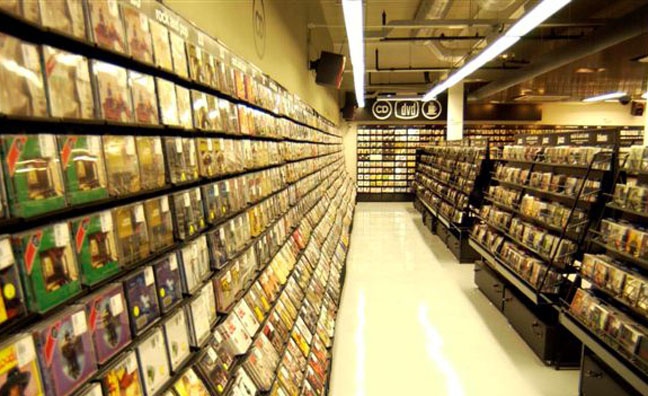“You make your money in live.”
As music industry received wisdom goes, that phrase has served people pretty well over the last two decades, as first piracy and then streaming reduced artists’ and managers’ expectations of earnings from recorded music.
Well, now that – thanks to the coronavirus pandemic – live music is effectively on hiatus for (at least) the summer, people need something else to say – and, more to the point, artists and managers need other ways of bringing in some much-needed cash.
Of course, some new revenue streams, such as livestreaming, may emerge from the Covid-19 crisis. But you can also bet that talent and their representatives will be taking a long, hard look at their recorded music business.
Creatively, this should have benefits. With artists able to take their time on writing and recording a body of work, we could see a renewed emphasis on the album. And with fewer records released and more listening time available to consumers, we might see entire LPs – rather than individual tracks and playlists – start to connect with the public again.
Whether you’re a stadium superstar or an underground up-and-comer, you’re stuck indoors for the foreseeable future
Music Week
But also, it’s clear some people are making money from recorded music's new landscape, so you can expect a renewed focus on how much of that trickles down to artists and writers. Hardship funds are great, and Spotify’s move to add a direct tipping function to its system will help, but some might wonder whether all DSPs paying a greater per-stream rate, or just giving a greater share of revenues to artists and songwriters (whom, less we forget, many DSPs are still trying to deny a US payrise), might help rather more. TikTok, meanwhile, has added a donation button to its service, yet its licensing picture remains unclear. And, while many record companies have returned to profit off the back of streaming catalogues, some artist contracts still remain in the bad old days of the analogue era.
It's surely unrealistic to expect fans alone – many of whom have also been hit hard by the crisis – to shoulder the responsibility for their favourite artist being able to keep solvent. Because, uniquely, the coronavirus pandemic’s assault on live music impacts equally on artists big and small. Whether you’re a stadium superstar or an underground up-and-comer, you’re stuck indoors for the foreseeable future.
Some brilliant music should come out of that – but the industry has to make sure that the people making that music are also making their money.
* To make sure you can access Music Week wherever you are, subscribe to our digital issue by clicking here.









